Dietitians continue to disparage claims that non-sugar sweeteners offer health benefits but in fact, some studies suggest quite the opposite – these additives can be potentially detrimental to health and wellness goals.
Even with a proliferation of negative headlines regarding sugar substitutes, a study is projecting unexpected growth for the market globally.
In 2017 the Global Non-Sugar Sweeteners market accounted for $10.25 billion and it’s expected to reach $13.85 billion by 2026, growing at a compound annual growth rate (CAGR) of 3.4 percent, according to the report. The “Non-Sugar Sweeteners – Global Market Outlook (2017-2026)” report by Research and Markets provides an analysis of the market drivers and restraints, helping to define the trajectory for the industry.
Many sugar substitutes approved for use in food are artificially-synthesized compounds, like Aspartame, one of the most popular artificial sweeteners available. These non-sugar sweeteners are typically used in diet and low-calorie food and beverages. By geography, North America is predicted as being a leader for market growth.
“North America will lead the global market to grow consumer dependence upon convenience foods,” the study reads. “In North America there has been an increase in the demand for low-calorie products due to the increase in diabetes and obesity.”
Diabetes is also a growing issue around the world. According to the World Health Organization (WHO), the disease is anticipated to be the 7th leading cause of death by 2030. This is also expected to create greater demand for sugar substitutes, as in some cases health experts recommend artificial sweeteners over real sugar for those with prediabetes or diabetes.
“Real sugar will immediately raise your blood sugar. Artificial sweeteners will not,” said Emily Bostin MS, RDN, LD to Health Essentials.
Dental care is also credited in the report for the growing adoption of high-intensity sweetener in oral care products, as it doesn’t cause cavities.
The report also lists increasing consumer spending coupled with growing convenience food demand and increasing urbanization as factors that are influencing market growth.
On the other hand, while negative health effects aren’t stopping the use of non-sugar sweeteners, they are listed as a factor for restricting growth.
Artificial sweeteners have been linked with a higher risk of glucose intolerance, a precursor to prediabetes and diabetes. In addition, some studies have found that artificial sweeteners may cause cravings for the real thing.
“Sugar substitutes can cause you to crave more sweet and sugary foods,” notes Kate Patton, Med, RD, CSSD, LD.
Although lasting health effects aren’t fully understood, as many recent studies haven’t been conducted over long periods of time.

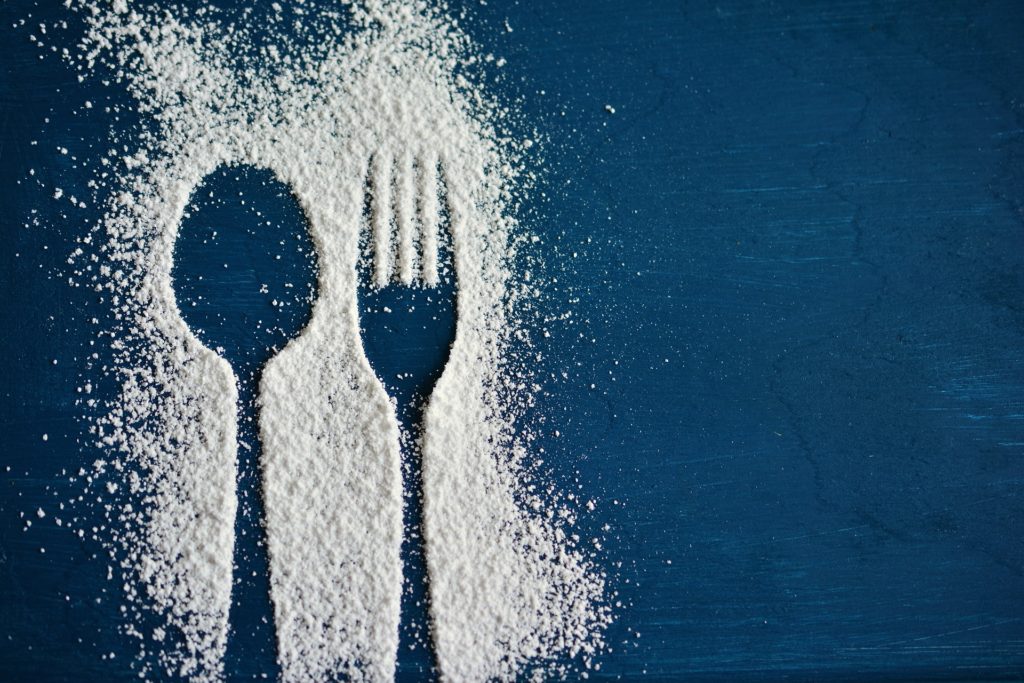

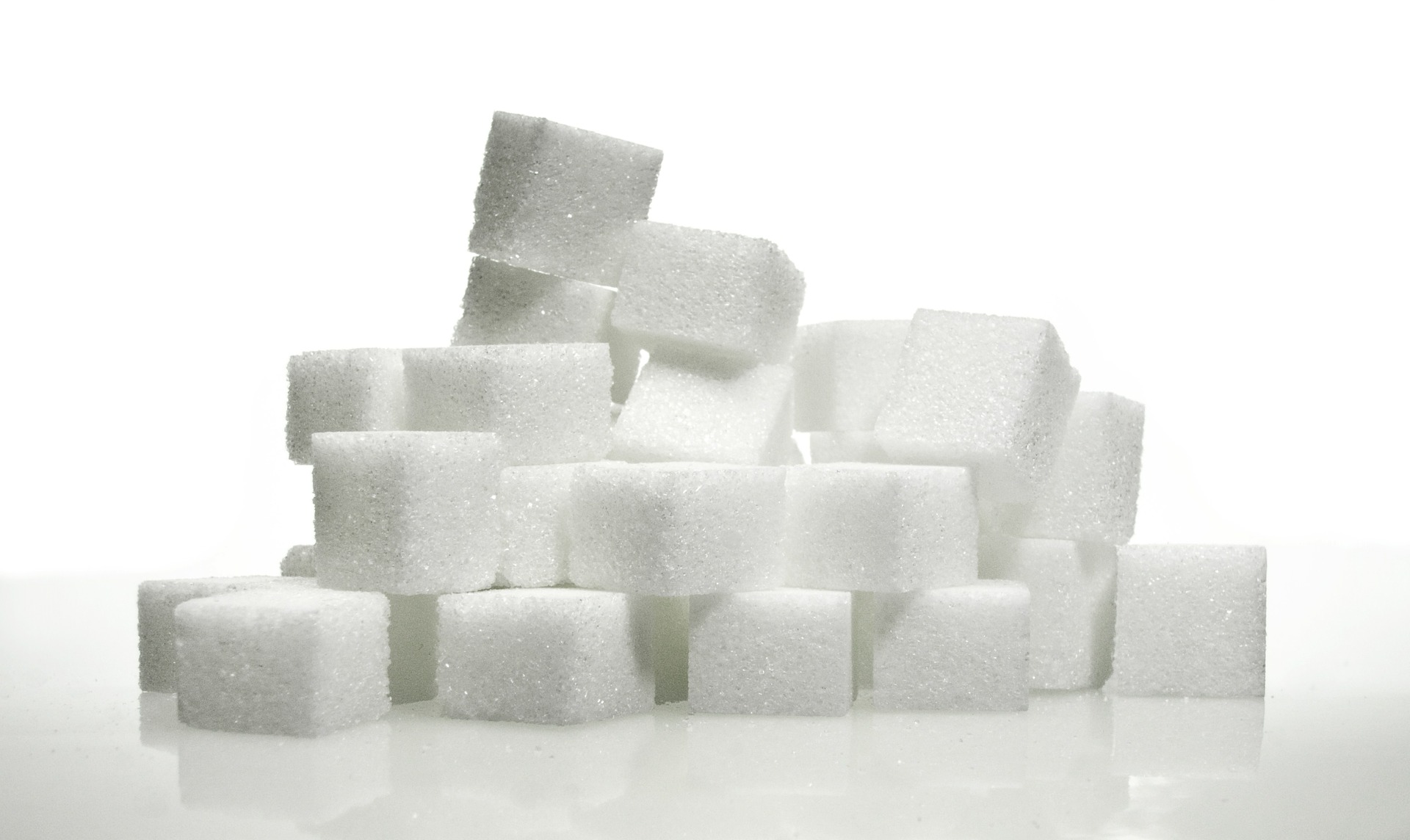
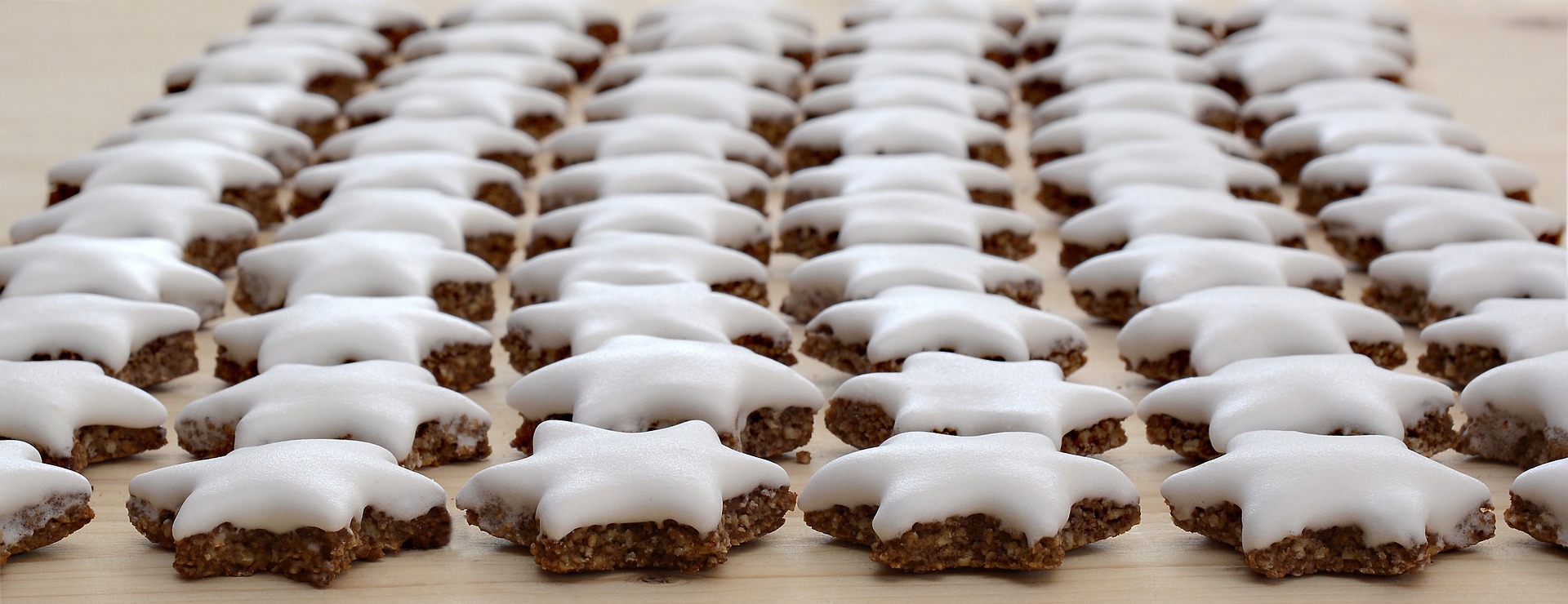
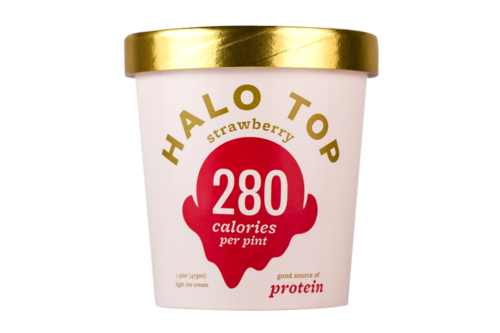
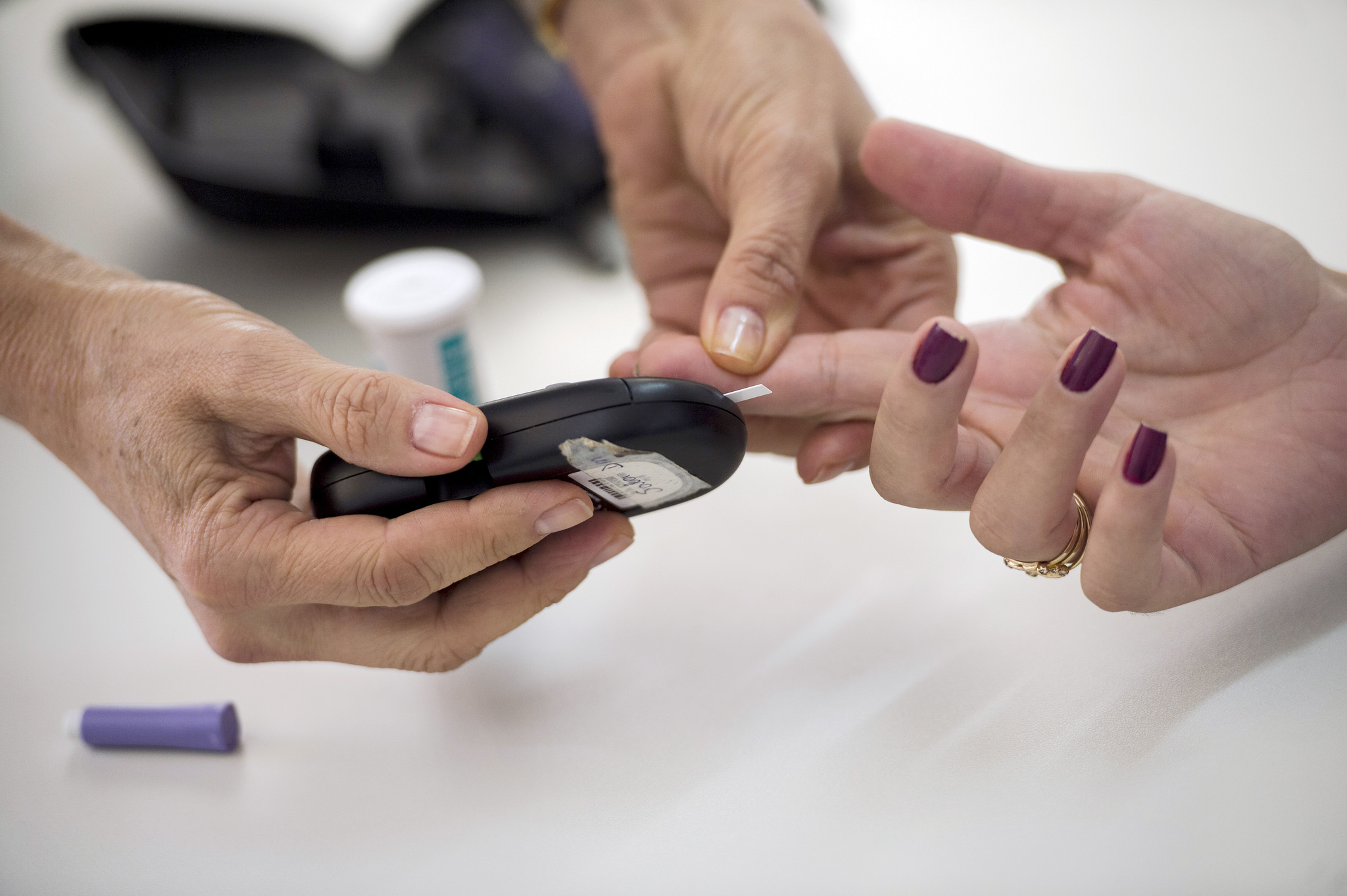





Join or login to leave a comment
JOIN LOGIN